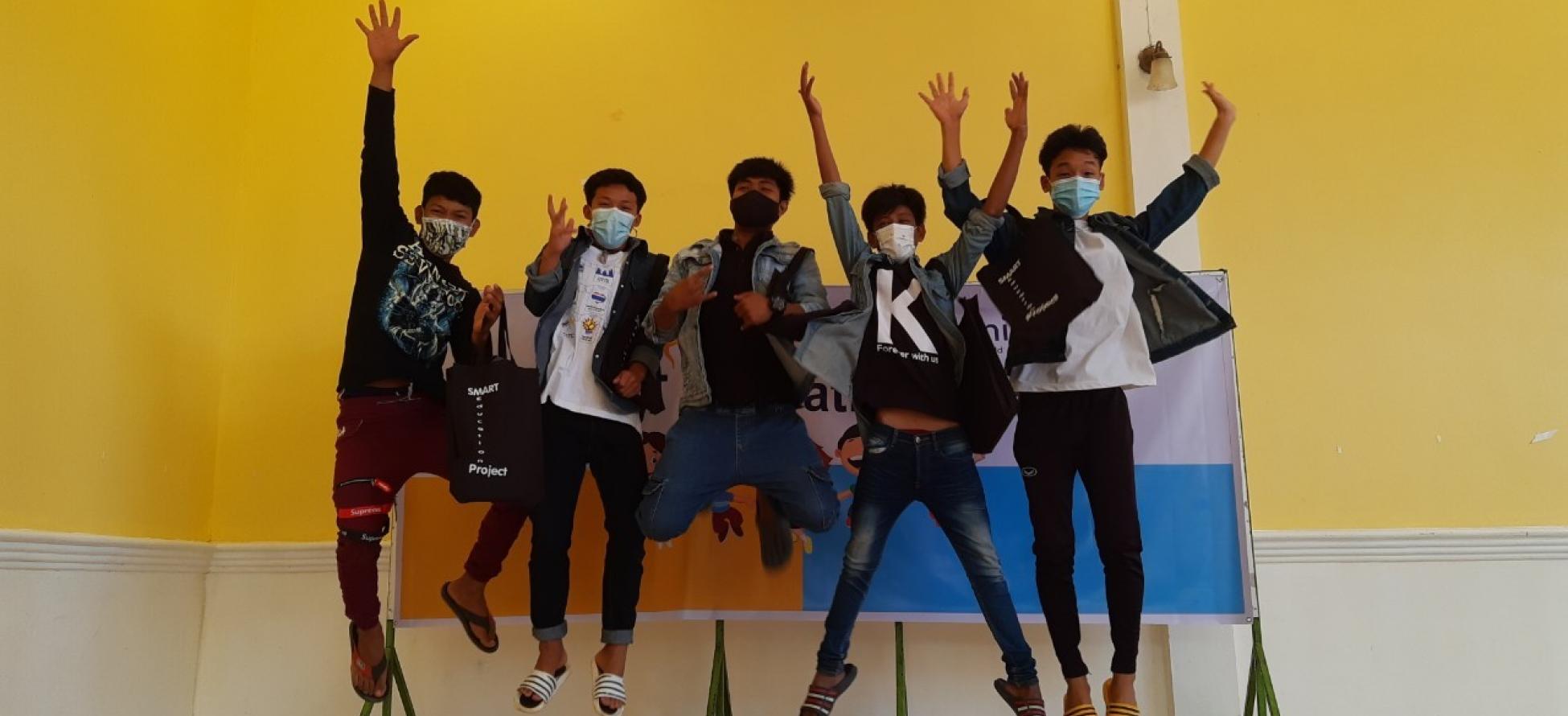
Safety Nets: A Situational Analysis of Non-formal Education Pathways for Migrant Children in Tak Province, Thailand
For tens of thousands of children from Myanmar in Thailand, accessing education is filled with challenges. Many children and youth are often required to put their education on hold to help support their families by working or caring for siblings. Many migrant families also frequently need to move to find work. The COVID-19 pandemic has exacerbated these challenges; since the start of the pandemic, 1 in 5 migrant children have disappeared from educational records.
Non-formal education pathways have been giving thousands of overage and out of school children a second chance at eduaction since 2014. Today, 251 learners are enrolled in this educational 'safety net' which provides accelerated, accredited, flexible, inclusive, and practical education in Burmese language to learners who are over-age for their grade level and who cannot commit to full-time study. The non-formal education safety net would be well-placed to protect children's right to education in a post-pandemic world.
However, the February 2021 Burmese political crisis has called into question whether or not non-formal education pathways can continue. This research spoke to 166 non-formal education stakeholders to explore the future of the safety net, and to map out recommendations to protect educational pathways for some of the most vulnerable learners in Thailand. Here you can read the full report in English as well as a summary report in 3 languages, and advocacy briefs based on the research findings.



